Egypten är ett land som har fascinerat människor i århundraden med sin rika historia, imponerande kulturarv och spektakulära natur. Det är en destination som erbjuder
Read more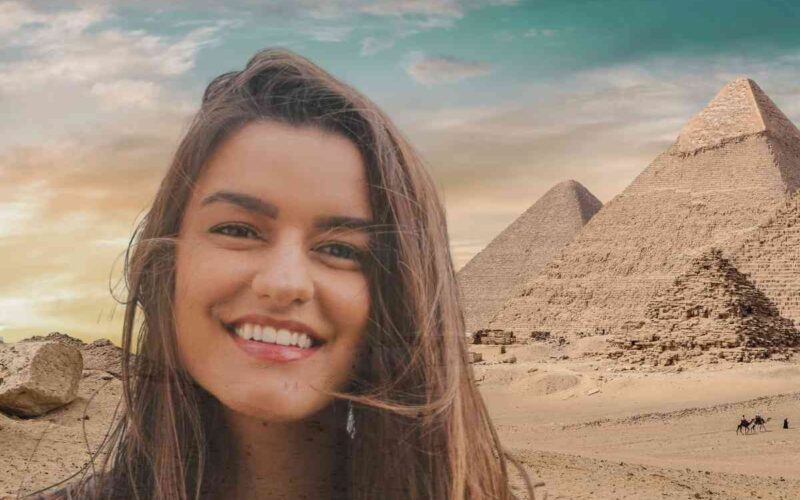
Hela världen på en blogg

Egypten är ett land som har fascinerat människor i århundraden med sin rika historia, imponerande kulturarv och spektakulära natur. Det är en destination som erbjuder
Read more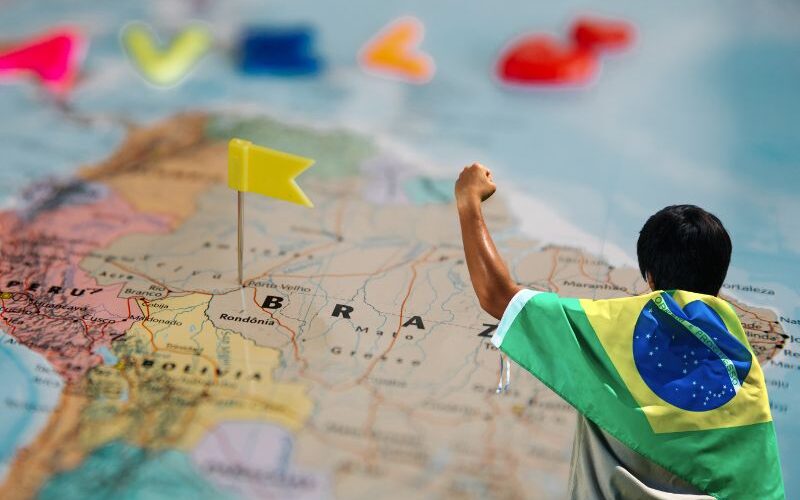
Brasilien är ett land fullt av liv, kultur och naturlig skönhet. Här är några av de mest sevärda platserna att utforska när du besöker detta
Read more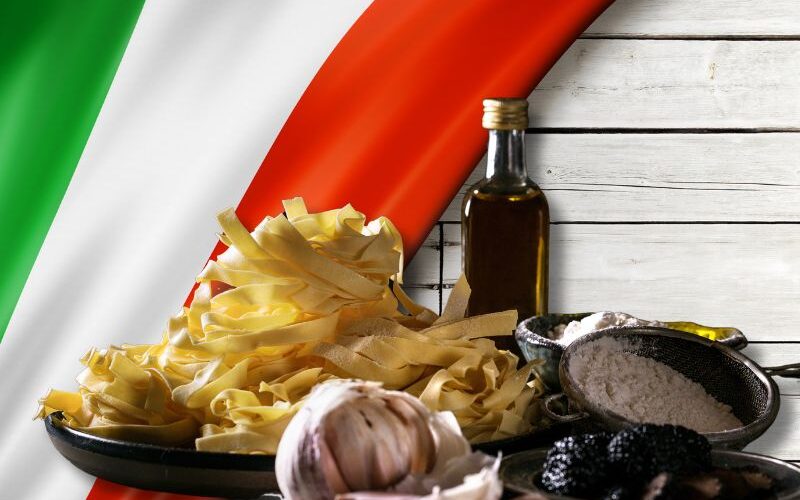
Planera Din Tryffelresa i Förväg Innan du ger dig iväg på din tryffeljakt är det viktigt att göra nödvändiga förberedelser. Börja med att välja
Read more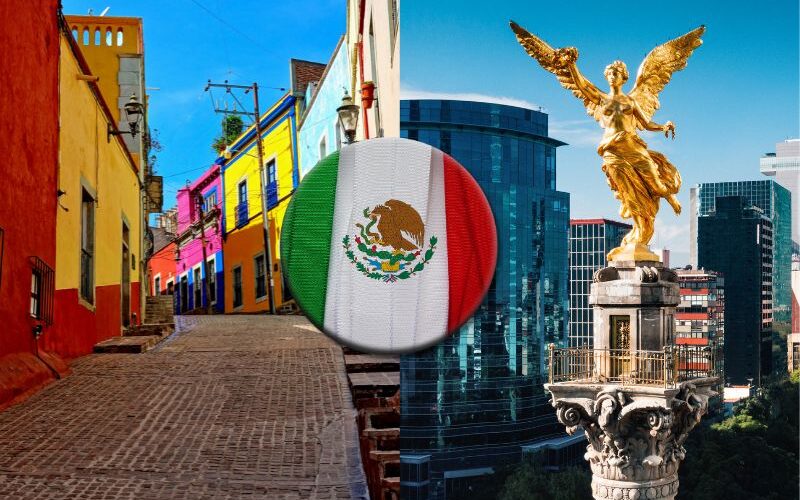
Museo Frida Kahlo: En Glipa till Konstnärens Själ Ett av Mexikos mest hyllade museer är Museo Frida Kahlo, även känt som Casa Azul (Det Blå
Read more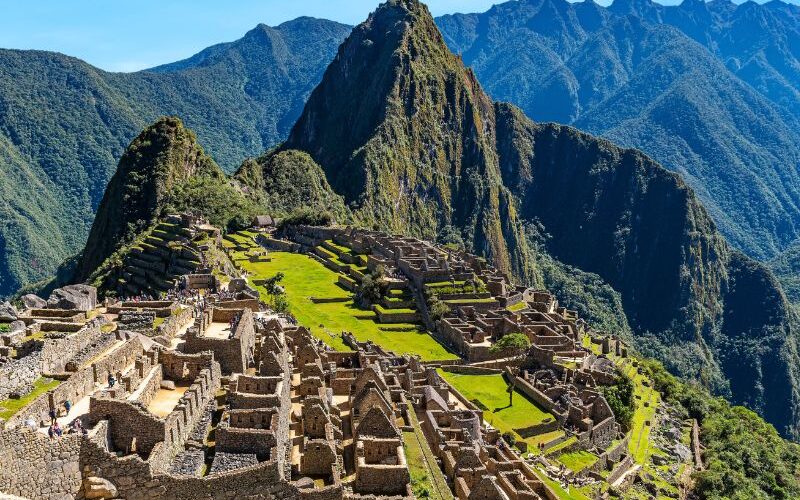
Att resa till Inkaleden i Peru är som att göra en tidsresa till en forntida värld fylld av historia, kultur och otroliga naturskönhet. Denna ikoniska
Read more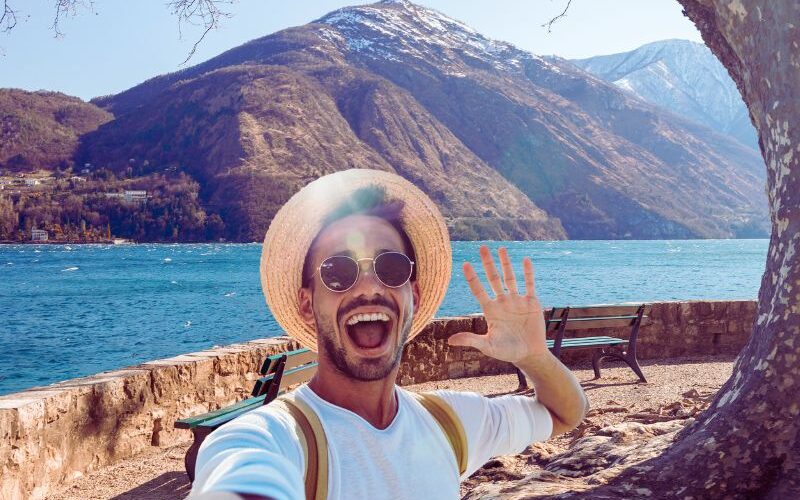
Comosjön, belägen i den pittoreska regionen Lombardiet i norra Italien, är en destination som bär på en rik historia och en kulturell skattkista. För pensionärer
Read more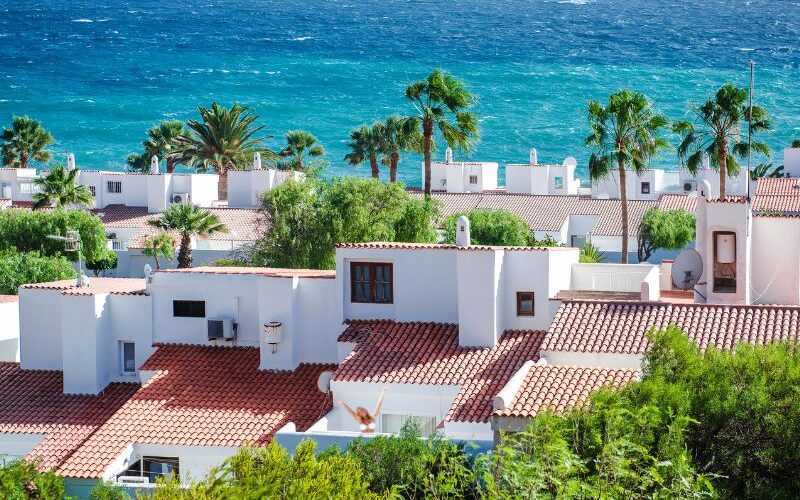
Teneriffa, den största av Kanarieöarna, är en mångsidig destination som lockar besökare från hela världen med sitt spektrum av äventyr och aktiviteter. Oavsett om du
Read more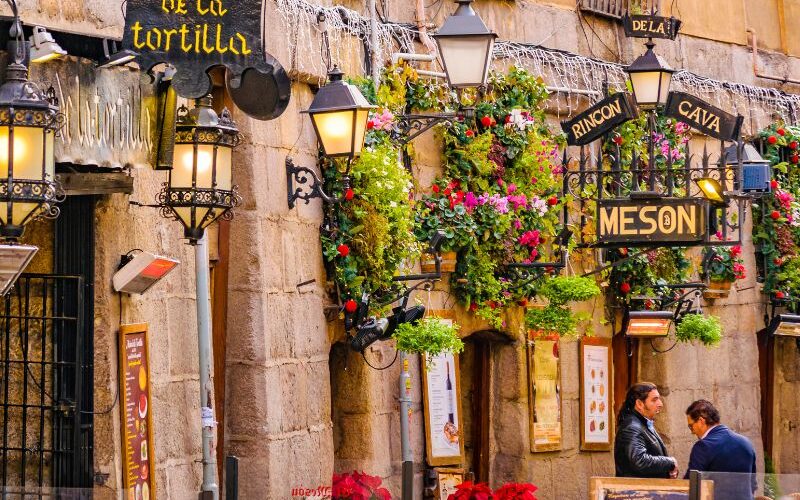
Madrid, Spaniens pulserande huvudstad, har mycket att erbjuda för den som är intresserad av historia och arkitektur. Staden är fylld med historiska kvarter och gator
Read more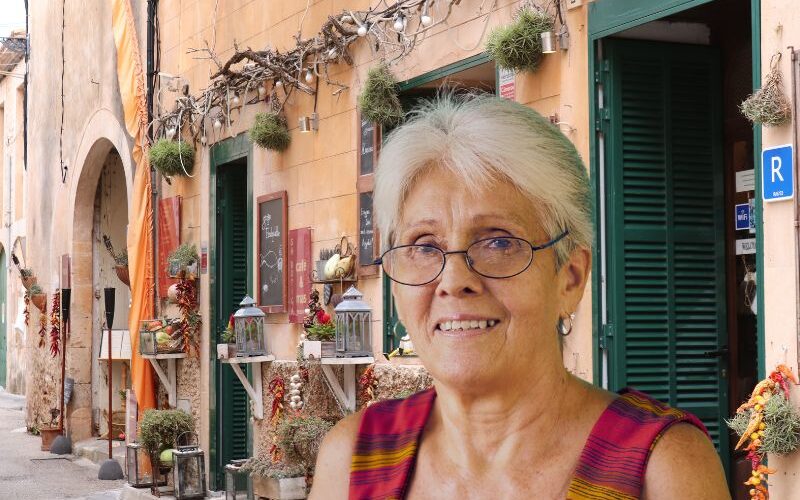
När du tar steget att bo som pensionär i Spanien är det viktigt att förstå hur ekonomin påverkar din livsstil och din övergripande livskvalitet. Spanien
Read more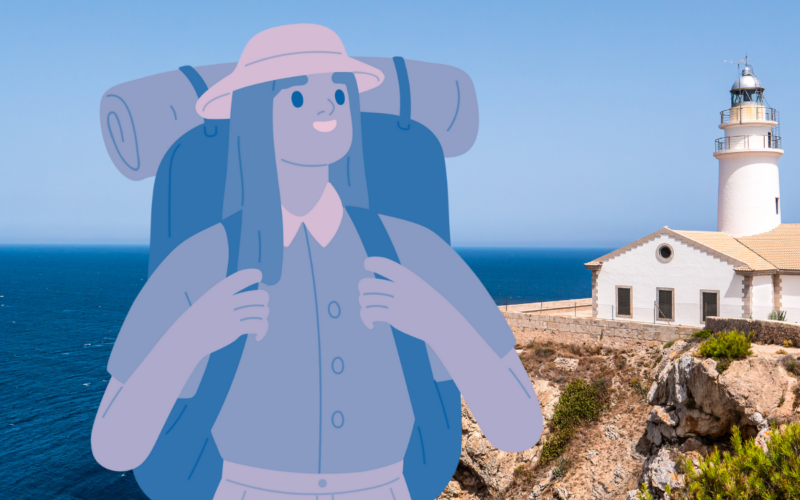
Vintern på Mallorca är inte bara en tid för lugn och ro; det är också en fantastisk tid att utforska öns rika kulinariska scen. När
Read more